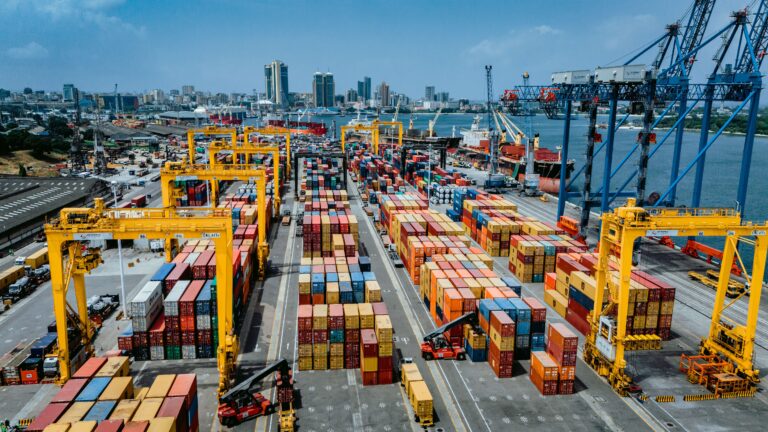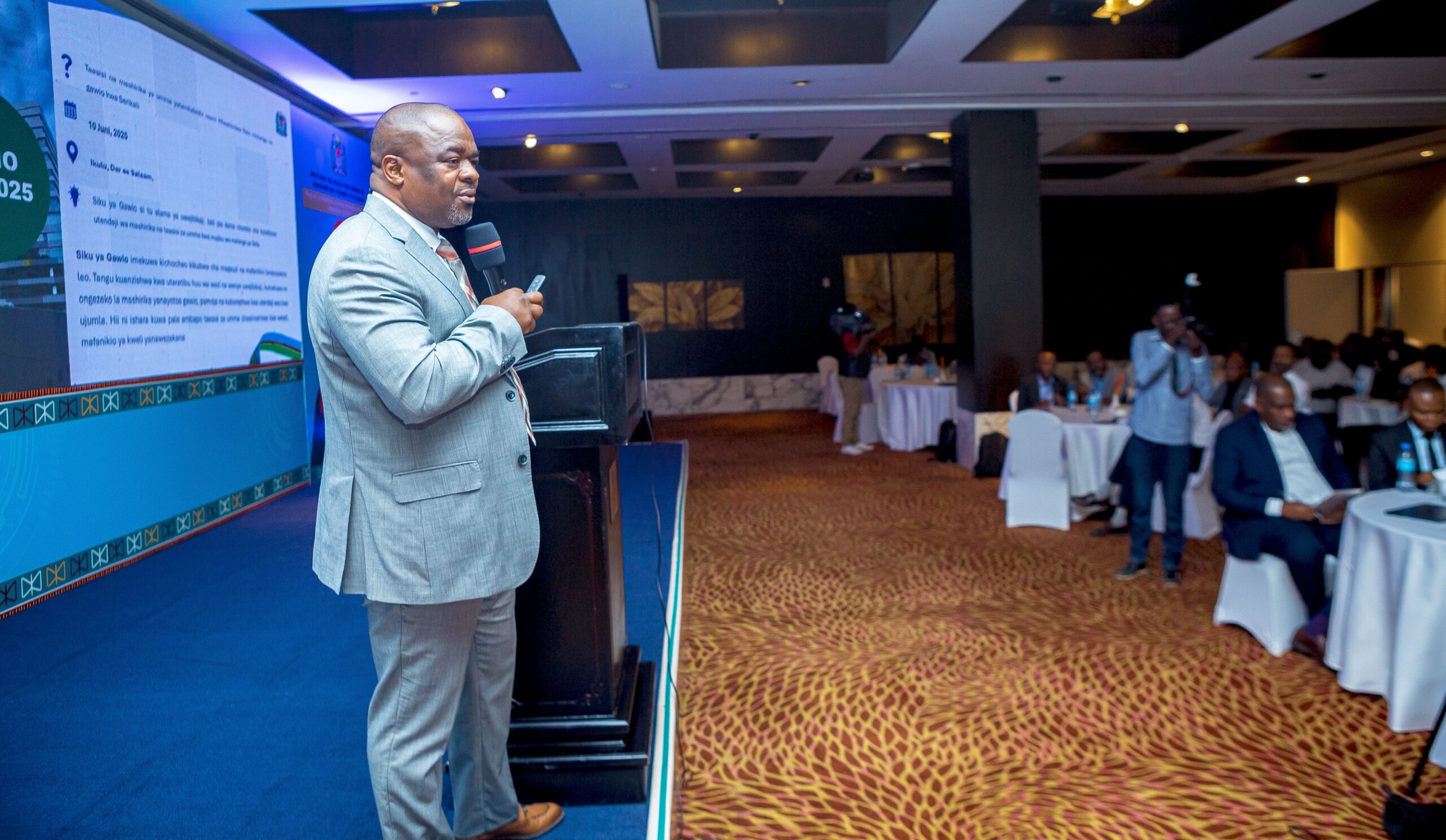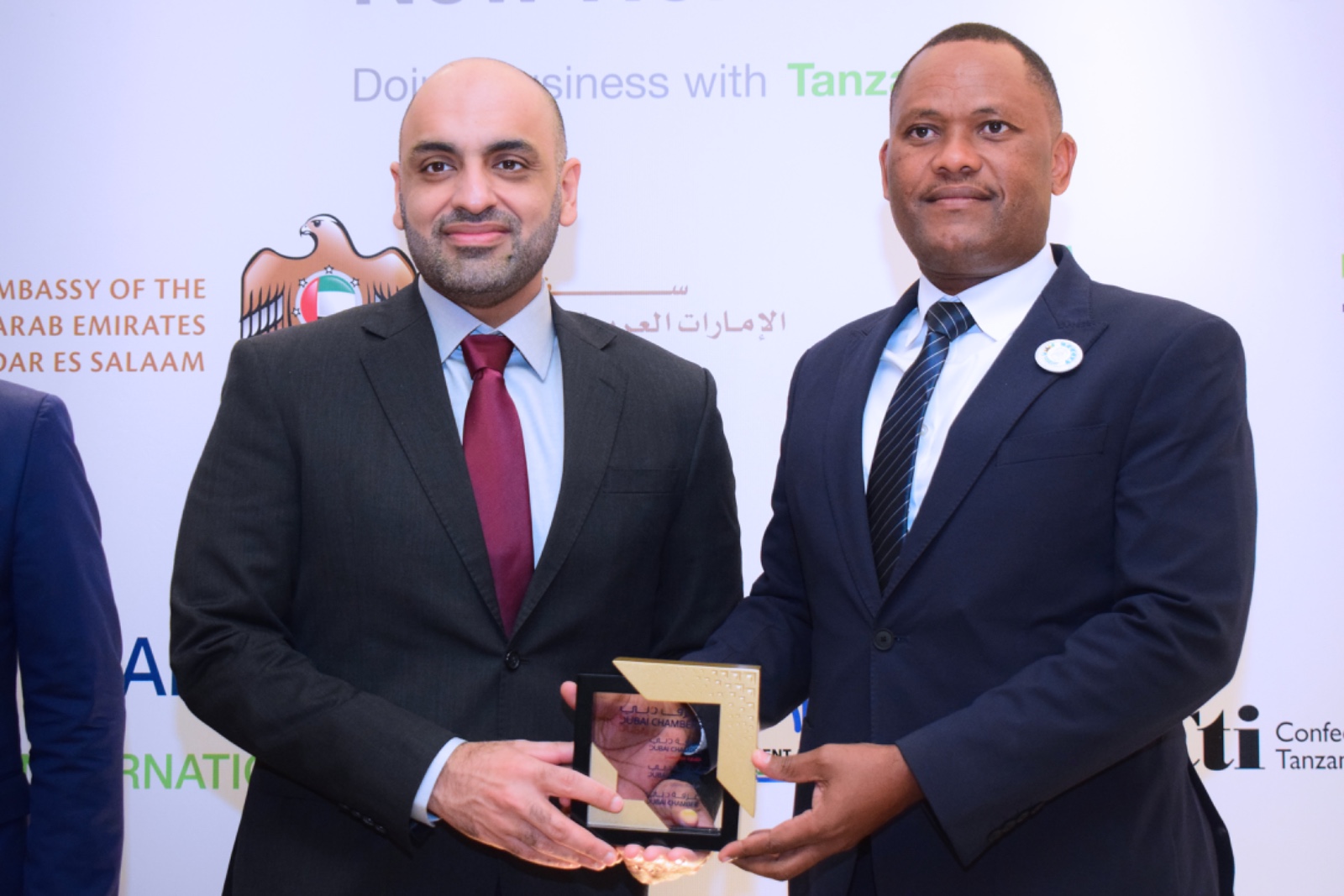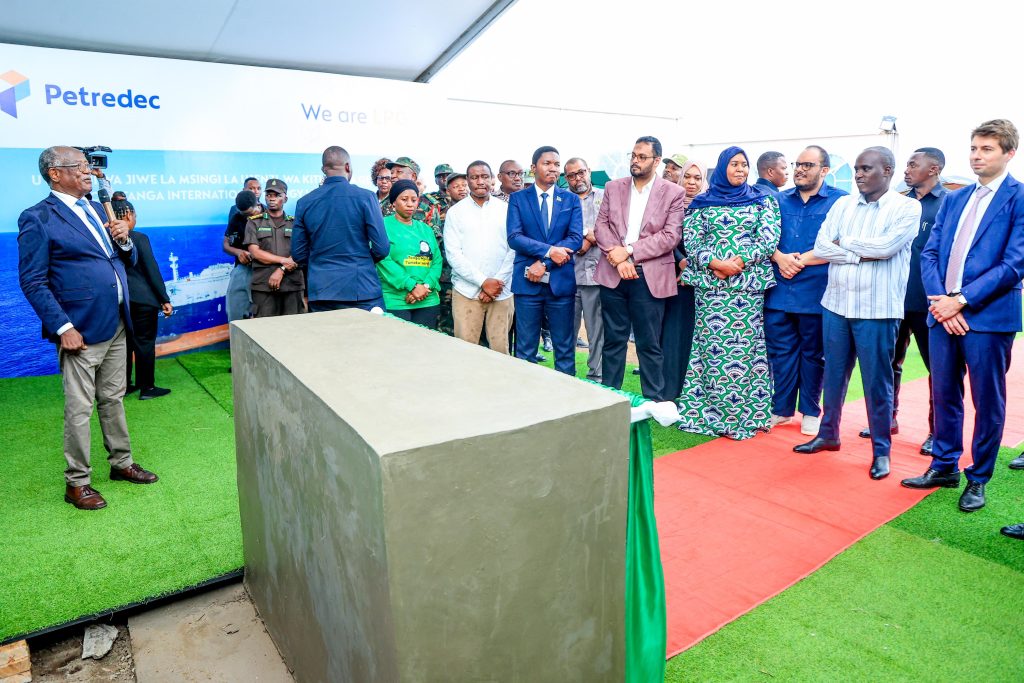Dar es Salaam. Following the April 5, 2025 agreement between Tanzania and the Democratic Republic of Congo (DRC) to establish dry ports in both countries, attention is now turning to the implications of this pact for regional trade.
Signed in Lubumbashi, the deal marks a pivotal step in transforming the logistics landscape of East and Central Africa—especially as cargo volumes from Dar es Salaam Port to the DRC have surged by 180 percent over the past four years.
Under the agreement, Tanzania will develop dry ports in the DRC at strategically selected locations: Kasumbalesa, Kasenga, and Kalemie.
In return, the DRC will be allocated land in Tanzania for dry ports at Kwala (Coast Region) and Katosho (Kigoma Region).
Designed as a Public-Private Partnership (PPP), this infrastructure initiative is expected to reduce logistics costs, ease congestion, and streamline bilateral trade between the two nations.
A milestone for the Central Corridor
“This agreement is a milestone,” declared Prof Godius Kahyarara, Tanzania’s Permanent Secretary in the Ministry of Transport.
“The DRC is now the largest user of Dar es Salaam Port among our neighbours.”
The Central Corridor—a crucial trade route connecting Tanzania to Burundi, Rwanda, Uganda, and the DRC—has witnessed significant traffic growth, which this landmark deal is set to reinforce.
Port throughput in Dar es Salaam increased from 14 million tonnes in 2020 to 28 million tonnes in 2024, largely fuelled by reforms implemented under Tanzania’s sixth-phase government and growing mineral exports from the DRC’s resource-rich provinces.
Unlocking the heart of Africa: DRC’s strategic gains
This pact represents more than a logistical adjustment; it is a strategic milestone for the DRC, a landlocked nation rich in minerals.
The agreement will facilitate smoother and faster cargo transportation, particularly from the mineral-rich provinces of Katanga, Maniema, and Tanganyika to the Indian Ocean and global markets.
Renowned business and logistics strategist Mr Ally Kilengawana underscores the importance of the agreement for the DRC.
“This agreement will strengthen the bilateral trade relationship between the two countries and unlock their economic potential,” Mr Kilengawana told The BizLens.
He went on to add, “For the DRC, smoother access to Dar es Salaam Port will reduce inefficiencies and boost the competitiveness of its exports.”
As a major user of Dar es Salaam Port, the DRC is poised to benefit significantly from the port’s strategic geographical location.
“By addressing longstanding logistical bottlenecks, this agreement will facilitate a smoother cargo flow, further cementing Dar es Salaam’s role as a key regional logistics hub,” added Mr Kilengawana.
The agreement also enhances the role of the Tanzania Ports Authority (TPA), which has partnered with global logistics giant DP World.
This collaboration substantially bolsters Dar es Salaam Port’s competitive edge, enabling infrastructure modernisation and improved operational efficiency.
Consequently, the port becomes increasingly attractive to DRC traders, enhancing Tanzania’s influence in the region’s logistics and trade networks.
Moreover, the ongoing construction of the Standard Gauge Railway (SGR) from Dar es Salaam to Lake Tanganyika in Kigoma further enhances the DRC’s access to this trade corridor.
This multibillion-dollar infrastructure project is expected to deliver long-term benefits for the region’s connectivity and economic development.
The role of Kwala and strategic logistics
For Tanzania, the agreement presents a significant opportunity to boost its logistical capacity and responsiveness.
The former executive secretary of the Central Corridor Transit Facilitation Agency, Ms Rukia Shamte, highlights the strategic importance of the Kwala Inland Container Depot (ICD) within this arrangement.
The facility is poised to play a vital role in deconsolidating and sorting Less-than-Container Load (LCL) cargo—a major share of the DRC’s imports.
“Kwala presents a unique opportunity for the DRC to efficiently manage its cargo,” Ms Shamte told The BizLens.
“Given the limitations in inland transport infrastructure, the DRC will benefit greatly from the facility’s capacity to deconsolidate and temporarily store cargo, thereby enhancing the overall logistics process,” she added.
Ms Shamte emphasised that Kwala’s proximity to Dar es Salaam Port and the capacity to shuttle cargo by rail will further streamline the supply chain.
“Cargo can be transported to Kwala within a few hours by rail, and the Tanzania Revenue Authority (TRA) allows customs clearance at Kwala, which simplifies the logistics process and reduces delays at Dar es Salaam Port,” she noted.
To fully leverage the Kwala facility, Ms Shamte advised that several logistical considerations must be taken into account, including dwell time, port costs, storage fees, and freight charges—whether by rail or road.
She also recommended a comparative assessment of these expenses against the costs of shuttling cargo to Kwala, storing it there, and then forwarding it inland to its final destination.
“The key lies in evaluating the total logistics cost of all available options,” she stressed.
“By doing so, stakeholders will be better positioned to promote Kwala as an efficient alternative.”
She further highlighted the broader gains for Tanzania, noting that increased port agility will alleviate congestion at Dar es Salaam Port.
“With this agreement, Tanzania will be able to handle more cargo with fewer delays, translating into greater efficiency, more employment, and economic growth in the transport sector,” she added.
Tanzania’s broader economic gains
Tanzania stands to reap substantial benefits from this agreement, as the expected increase in cargo volumes from the DRC is likely to improve port efficiency.
Decongesting Dar es Salaam Port will allow for increased throughput and enhanced service across the region.
The port’s improved performance will not only reduce waiting times but also expand Tanzania’s capacity to accommodate additional traffic from the DRC and beyond.
This surge in activity could stimulate job creation, raise incomes, and contribute to national GDP growth.
Furthermore, the deal is poised to improve Tanzania’s trade balance and its market share in the regional logistics sector—aligning well with the government’s broader economic aspirations.
A strategic leap in regional trade integration
This deal marks a transformational step for both Tanzania and the DRC.
By addressing entrenched logistical challenges, it fosters deeper regional integration and empowers both nations to unlock their economic potential.
As trade flows become more seamless and logistics more efficient, the Central Corridor is well-positioned to emerge as a powerful engine for economic development across East and Central Africa.







